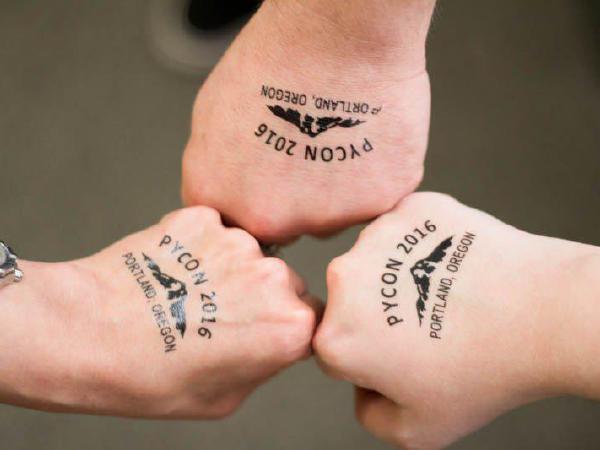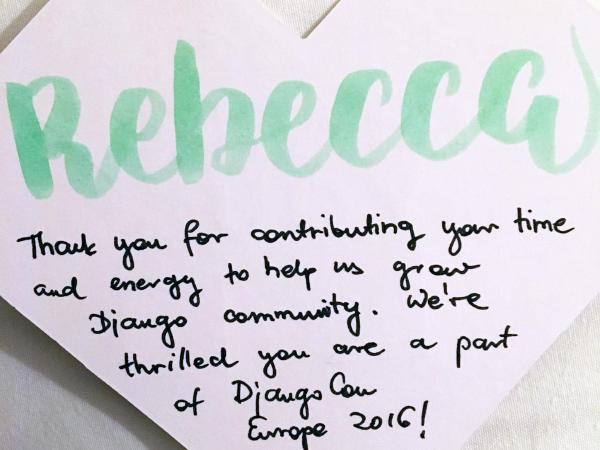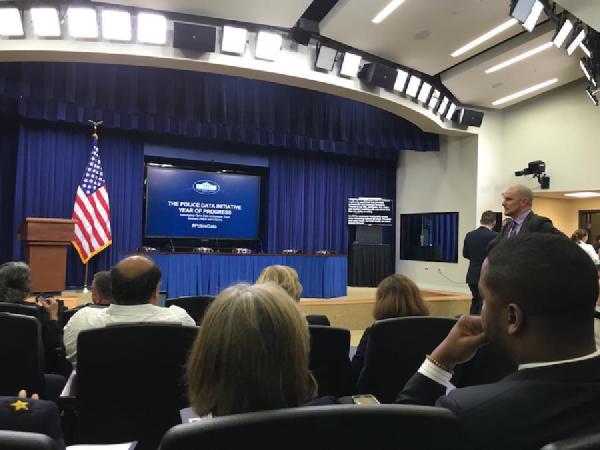Django
2016

Query Expressions are Amazing
The Django 1.8 release added support for complex query expressions. The documentation has some nice examples but they don't do justice to how crazy awesome these are. In this post, we will go through some additional examples of how to leverage these expressions.

The Journal of Medical Internet Research Features Epic Allies Phase 1 Study Results
The Journal of Medical Internet Research recently published “Epic Allies: Development of a Gaming App to Improve Antiretroviral Therapy Adherence Among Young HIV-Positive Men Who Have Sex With Men”. Epic Allies, initially funded by a federal Small Business Innovation Research (SBIR) grant, represents a partnership between Caktus, UNC’s Institute of Global Health and Infection Diseases, and Duke Global Health Institute.

PyCon 2016 Recap
PyCon, beyond being the best community event for Python developers, is also an event that we happily began thinking about eleven months ago. Almost as soon as PyCon 2015 ended, we had the good fortune of planning the look and feel of PyCon 2016 with organizer extraordinaires Ewa Jodlowska, Diana Clark, and new this year, Brandon Rhodes. Our team has loved working with the organizers on the PyCon websites for the past three years now. They’re great people who always prioritize the needs of PyCon attendees, whether that’s babysitting services or a smooth PyCon web experience.

My First Conference Talk: Reflecting on Support and Inclusivity at DjangoCon Europe 2016
The environment at Caktus is, above all, one of encouragement. I experienced that encouragement as an intern and continue to experience it as a full-time developer. In addition to providing workplace mentorship, Caktus encourages all of its employees to submit talks to conferences. My manager Mark Lavin and mentor Karen Tracy encouraged me to get over my concerns about being new to the field and to start submitting talks.

What We’re Clicking - May Link Roundup
Below you can find this month’s roundup of articles and posts shared by Cakti that drew the most attention on Twitter. The list covers coding for matrix factorization algorithms in Python, designing apps that optimize for sequential dual screen usage, preventing technical debt, and understanding the complexities and limitations involved in building apps for low-income American families.

Where to Find Cakti at PyCon 2016
As Django developers, we always look forward to PyCon. This year, working with the Python Software Foundation on the design for PyCon 2016’s site kindled our enthusiasm early. Our team is so excited for all the fun to begin. With an array of fantastic events, speakers, and workshops, we thought we would highlight all the events we’ll be participating in. Come find us!

Mark Lavin to Give Keynote at Python Nordeste
Mark Lavin will be giving the keynote address at Python Nordeste this year. Python Nordeste is the largest gathering of the Northeast Python community, which takes place annually in cities of northeastern Brazil. This year’s conference will be held in Teresina, the capital of the Brazilian state of Piauí.

Caktus CTO Colin Copeland Invited to the White House Open Police Data Initiative
We at Caktus were incredibly proud when the White House Police Data Initiative invited CTO Colin Copeland to celebrate their first year accomplishments. While at the White House, Colin also joined private breakout sessions to share ideas with law enforcement officials, city staff, and other civic technologists from across the country. Colin is the co-founder of Code for Durham and served as lead developer for OpenDataPolicingNC.com. OpenDataPolicingNC.com, a site built for the Southern Coalition for Social Justice, displays North Carolina police stop data.

What We’re Clicking - April Link Roundup
It’s time for this month’s roundup of articles and posts shared by Cakti that drew the most attention on Twitter. The list highlights new work in civic tech and international development as well as reasons for the increasing popularity of Python and open source development.

Florida Open Debate Platform Receives National Attention (The Atlantic, USA Today, Engadget)
Several national publications have featured the Florida Open Debate platform, including USA Today, Engadget, and The Atlantic. Caktus helped develop the Django-based platform on behalf of the Open Debate Coalition (ODC) in advance of the nation’s first-ever open Senate debate held in Florida on April 25th. The site enabled citizens to submit debate questions as well as vote on which questions mattered most to them. Moderators then used the thirty most popular questions from the site to structure the debate between Florida Senate candidates David Jolly (R) and Alan Grayson (D). According to *The Atlantic, *more than 400,000 votes were submitted by users on the site, including more than 84,000 from Florida voters.